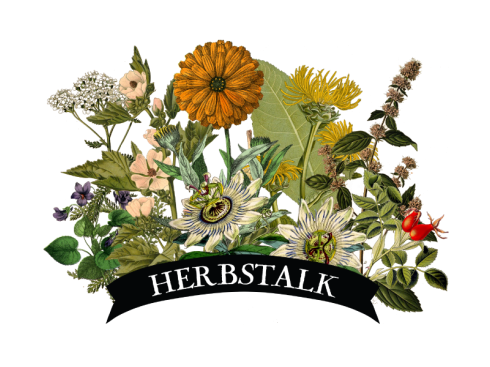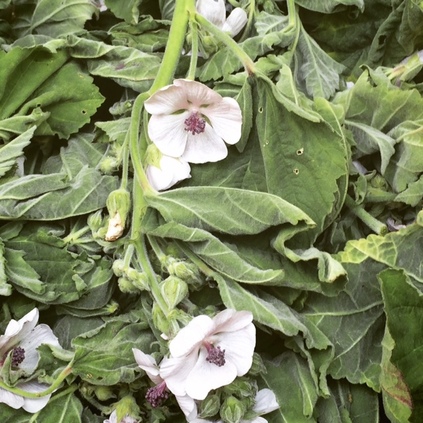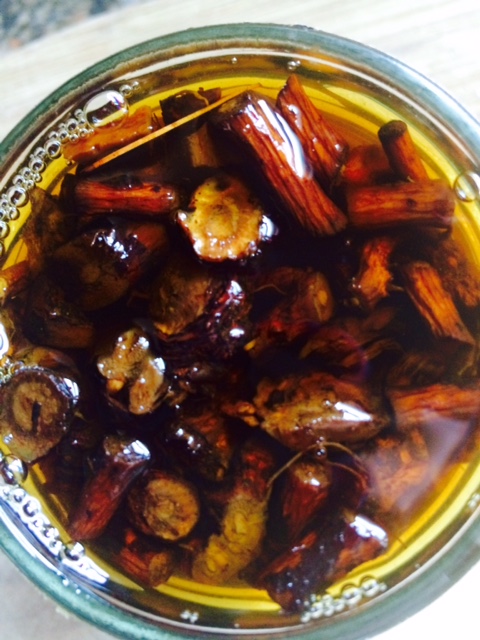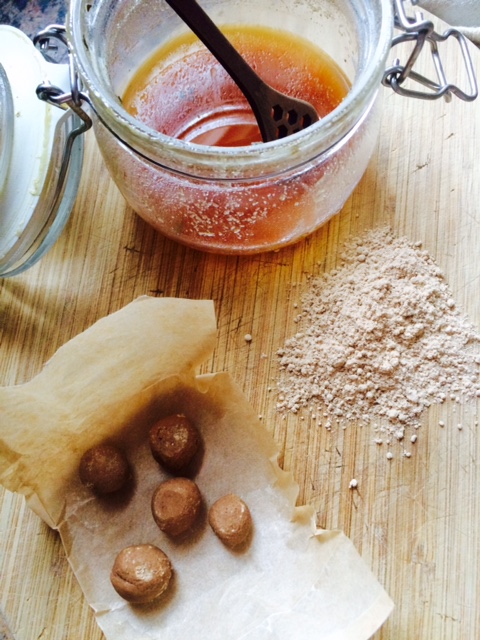|
by Melanie Brown Indigestion is an uncomfortable and painful experience often associated with symptoms of heartburn, bloating, gas, and constipation. To top off this misery we often don’t understand the underlying cause, so in a desperate desire for relief many of us turn to over-the-counter antacids to put a stop to the symptoms. However, over-use and abuse of medications is not healing the underlying problem, but only masking it and creating further damage to our bodies. There is another path we can walk on with our green allies, that which nourishes, heals and protects. A major research study led by an epidemiologist of the Johns Hopkins Bloomberg School of Health revealed that long term use of PPI’s (proton-pump inhibitors) significantly increases the chances of developing chronic kidney disease, dementia, bone fractures, infections, and heart problems. Antacids are not addressing what is truly going on inside of our stomachs. The majority of the time acid reflux occurs because our stomachs are deficient in hydrochloric acid (HCL). A powerful digestive agent, HCL is incredibly important for maintaining proper assimilation of proteins into the essential amino acids and nutrients our bodies need to stay healthy. HCL also prevents disease by eliminating pathogenic bacteria and yeast. So now that we have a better understanding of how important stomach acid is to our health it becomes apparent that antacids (PPI’s) are creating a vicious cycle that we are unable to break free of. They neutralize the already low acid in our stomachs, and when we try to come off of them the pain is unbearable and further damage is caused to the esophagus from food remaining undigested, sustaining a dependency on these medications that are now proven unsafe. After becoming educated to what was going on I became concerned for family members who I knew were going through this exact issue -- one being on antacids for over a year and the other experiencing painful heartburn almost daily. So I threw on my green cape (insert super herb healing hero here), gathered my most trusted nourishing plants, and flew on over to my open minded family members. On top of healing with plants we must often look at our diets and lifestyle patterns as well. Indigestion and everything that accompanies it is often manifested by processed foods, refined sugar, over consumption of alcohol and coffee, and unhealthy stress. It is also not wise to run over to your medicine cabinet and throw out your medications cold turkey. Over time, with some small yet important changes, you will find yourself no longer turning to drugs for relief. I have witnessed and experienced the following three herbs providing profound healing on the entire digestive system. Dandelion (Taraxacum officnale): If I were to guess, most people know about this sweet, generous, yellow-sunshine faced flower. On top of being a supreme liver tonic, dandelion replenishes healthy levels and maintains production of HCL and bile. All parts of dandelion may be harvested and used at any time of the year, with the root being the best choice for medicine here. I highly recommend making your own tincture or vinegar, for there is nothing more satisfying and joyful than making and taking your own lovingly gathered plant medicine. 10-20 drops of tincture before each meal is an excellent regimen. Slippery Elm (Ulmus rubra) and Marshmallow (Althaea officinalis): Both of these plants contain mucilage. These complex carbohydrates have a lubricating quality so that in the body they produce an effect similar to mucus, coating and soothing raw, exposed, irritated, dried membranes. Taking both plants will address the damage done by acid reflux and medications. Slippery elm bark is incredibly nourishing, especially for the digestive system. I like to make a cold water infusion by weighing out a half ounce of cut and sifted herb in a quart sized mason jar, letting it steep for 2-4 hours, then straining it and sipping it throughout the day. I also learned from herbalist Susun Weed that rolling powdered slippery elm together with honey to form into small bite-sized balls can be taken as often as needed. Slippery elm has never failed me in instantly relieving heart burn. Marshmallow is cooling, moistening and sweet and all parts may be used, but the root contains the highest amount of mucilage with the cold water method of infusing working best in this application as well. Incorporating all three of these plants into your life -- while also making necessary lifestyle changes -- will bring great and lasting positive results. Break the cycle and heal with whole plants and whole foods for whole health. References: http://www.npr.org/sections/health-shots/2016/01/11/462423759/popular-acid-reflux-drugs-are-linked-to-kidney-disease-risk http://staugustine.com/living/health/2016-02-03/long-term-use-antacids-can-cause-more-harm-good#.VsyYtfkrLIU Wise Woman Herbal, Healing Wise, by Susun S. Weed The Book of Herbal Wisdom by Matthew Wood  Melanie Brown is a native New Englander who has had an early connection to nature and the outdoors. Together with her four year old son she gathers the ingredients to make small batch plant based body care products which you can find at her herbal apothecary, FIR&ELM. She is a graduate of Boston School of Herbal Studies and currently attending The Gaia School of Healing and Earth Education in Vermont. Her passion is to share and spread the message of community herbalism that lies right outside in our own backyards. Comments are closed.
|
Archives
November 2023
Categories
All
|




 RSS Feed
RSS Feed